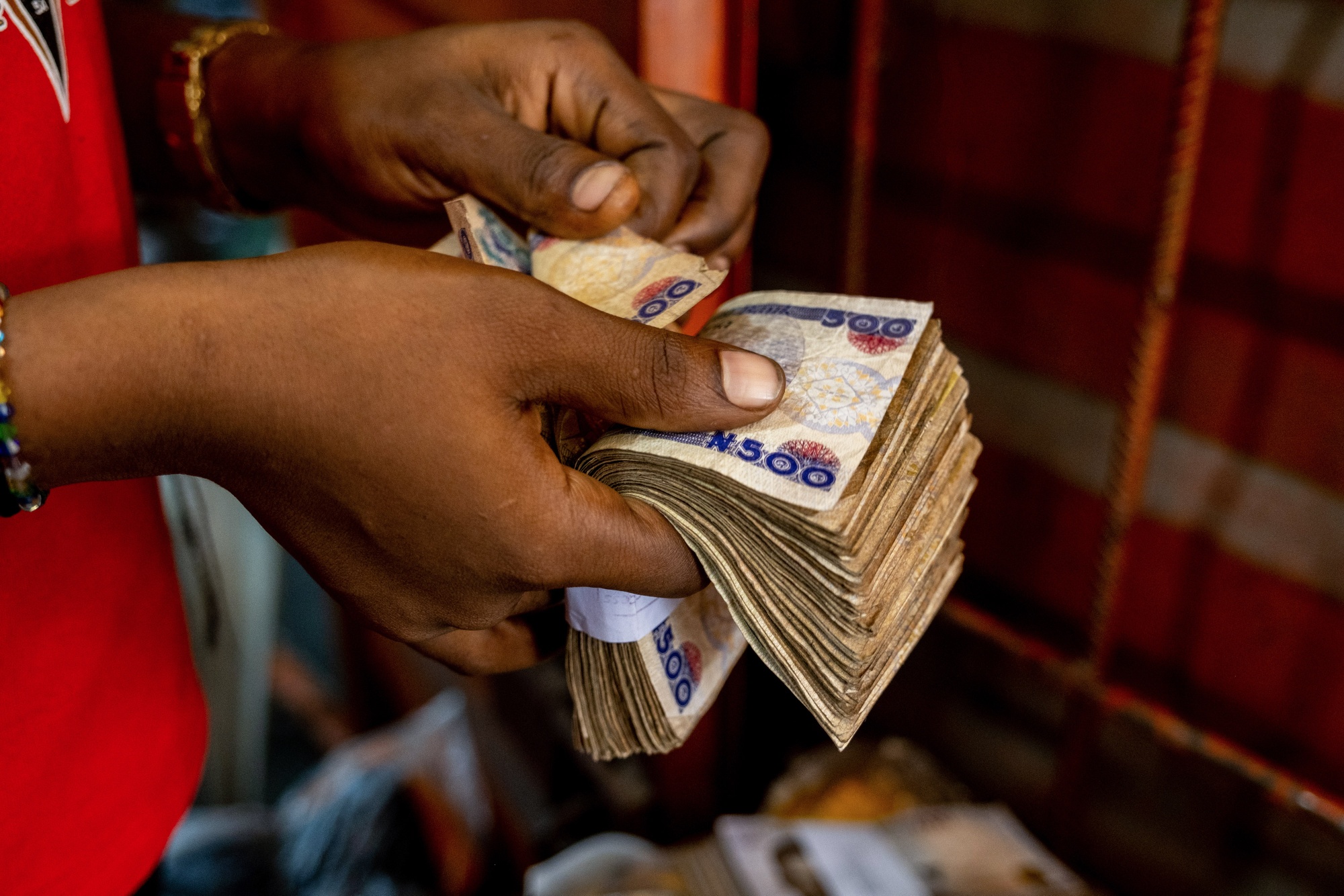In September 2024, Nigeria’s money supply, measured as M3, experienced a substantial year-on-year growth of 62.8%, rising to N108.95 trillion from N66.94 trillion in the same month last year.
This increase comes despite the ongoing tightening measures by the Monetary Policy Committee (MPC) aimed at reducing excess liquidity to combat rising inflation.
The latest data from the Central Bank of Nigeria (CBN) reveals that on a month-over-month basis, the money supply rose by 1.6%, up from N107.19 trillion in August 2024.
This resilient growth in M3 reflects the underlying dynamics of the Nigerian economy, even as the CBN strives to stabilize inflation and strengthen the naira under the leadership of Governor Yemi Cardoso, who took office on September 22, 2023.
M3 includes both net foreign assets (NFA) and net domestic assets (NDA), offering a comprehensive view of the country’s monetary situation.
M3 is composed of M1 (which includes highly liquid assets like cash, checkable deposits, and travelers’ checks) plus CBN bills, while M2 represents currency outside banks, demand deposits, and quasi-money.
Despite the MPC’s tightening stance, which typically aims to curb liquidity to control inflation, the growth in M3 suggests that other factors are contributing to this liquidity expansion, potentially driven by increased government spending.
Net Domestic Assets (NDA): NDA surged by 54.6% year-on-year, climbing from N54.41 trillion in September 2023 to N84.14 trillion in September 2024.
This increase signals strong lending activity, indicating that businesses are actively seeking credit despite the prevailing high interest rates. On a month-over-month basis, NDA grew by 3%, highlighting consistent credit expansion.
Net Foreign Assets (NFA): NFA saw an impressive 97.9% year-on-year increase, rising from N12.54 trillion in September 2023 to N24.82 trillion a year later. However, on a month-over-month basis, NFA experienced a 2.7% decline, which may reflect CBN interventions in the foreign exchange market aimed at stabilizing the naira amid external pressures.
Governor Yemi Cardoso addressed the growth in liquidity during a press briefing following the 297th MPC meeting, acknowledging the challenges presented by the sustained increase in money supply.
READ ALSO: Nigeria’s broadband penetration falls to 41.56% despite efforts to reach 70% by 2025
He stressed the need for vigilance to prevent inflationary pressures from worsening, stating, “The MPC noted the continued growth in money supply, recognizing the need to curtail excess liquidity in the system as well as address foreign exchange demand pressures.”
MPC member Aku Pauline Odinkemelu underscored the risks associated with excessive liquidity during the meeting, pointing out that inflationary pressures are partly driven by increased money supply from Federal Accounts Allocation Committee (FAAC) distributions.
She warned, “The continued growth of money supply in Nigeria, largely attributed to fiscal surprises, presents a serious challenge to monetary policy effectiveness.” Odinkemelu suggested that a gradual increase in interest rates might be necessary to manage excess liquidity effectively.
MPC member Lamido Abubakar Yuguda addressed the inflationary pressures linked to the growth in both net foreign and domestic assets. He noted that exchange rate depreciation has contributed to rising money supply, emphasizing the necessity for tighter monetary policies to stabilize the economy.
Yuguda stated, “Broad money supply increased by 34.1% in July 2024 compared to the preceding December, surpassing the program target for fiscal 2024.” He cautioned that without firm measures, elevated liquidity could exacerbate inflationary risks, necessitating ongoing vigilance to maintain macroeconomic stability.
The rise in money supply generally indicates increased liquidity within the financial system, which can stimulate economic growth.
With more money circulating, businesses may find it easier to access credit for expansion and investment, potentially leading to higher production and job creation.
However, an unchecked increase in money supply could fuel inflation, particularly if it outpaces production growth.
Nigeria has been grappling with inflationary pressures, and continued growth in money supply could lead to rising inflation rates if not matched by increases in production. This situation may erode purchasing power, disproportionately affecting lower-income households.
In summary, while the growth in Nigeria’s money supply reflects certain positive economic trends, it also presents challenges that require careful monitoring and strategic responses from the CBN to ensure sustainable economic stability.

 Entertainment7 days ago
Entertainment7 days ago
 Business6 days ago
Business6 days ago
 Football1 week ago
Football1 week ago
 Business7 days ago
Business7 days ago
 Health7 days ago
Health7 days ago
 Crime1 week ago
Crime1 week ago
 Latest7 days ago
Latest7 days ago
 Entertainment7 days ago
Entertainment7 days ago

